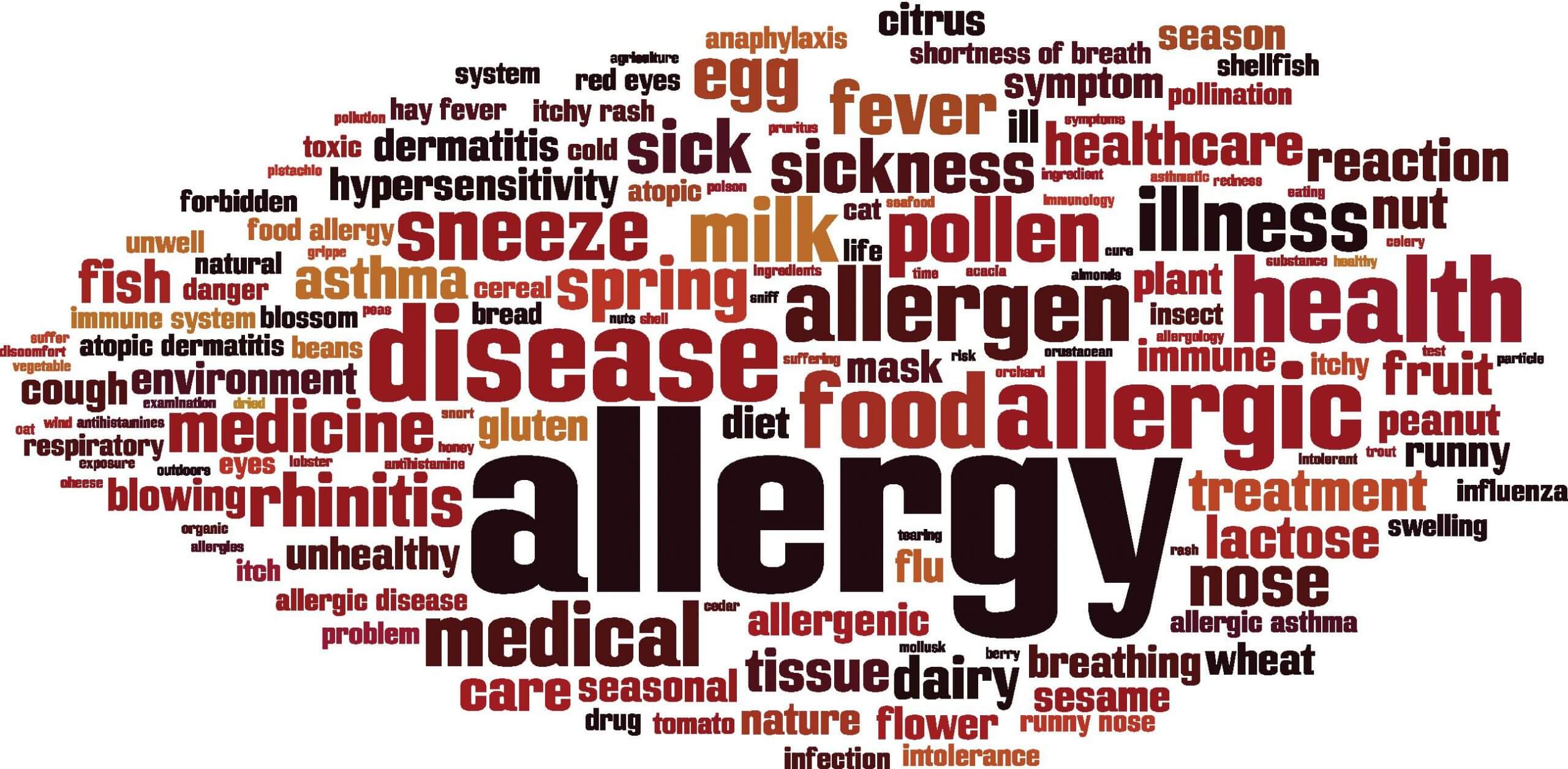
Diverse gut bacteria helps reduce chances of food allergies and subsequently asthma in children
Even as the link between gut bacteria and allergy has been a complex affair, scientists have proved that infants with greater diversity of bacteria in their stools are less likely to have allergies to foods such as egg, milk, or peanuts, and thereby reduced risk of asthma and atopic eczema. The researchers of a study, published in Pediatric Allergy and Immunology, say that the finding could lead to new approaches to preventing immunoglobulin E-mediated food allergy (IgE-FA). According to Christine Joseph, an epidemiologist in the Henry Ford Health System in Detroit, Michigan, and colleagues, who conducted the research, bacterial colonization is a potentially modifiable factor along the causal pathway to IgE-FA.
Food allergies can result when exposure to specific foods activate mast cells and basophils. The allergies may cause atopic eczema in infancy and rhinitis and asthma later in life. In healthy infants, food proteins interact with antigen-presenting cells, but T regulatory cells suppress immune responses, preventing allergies, the researchers wrote.
